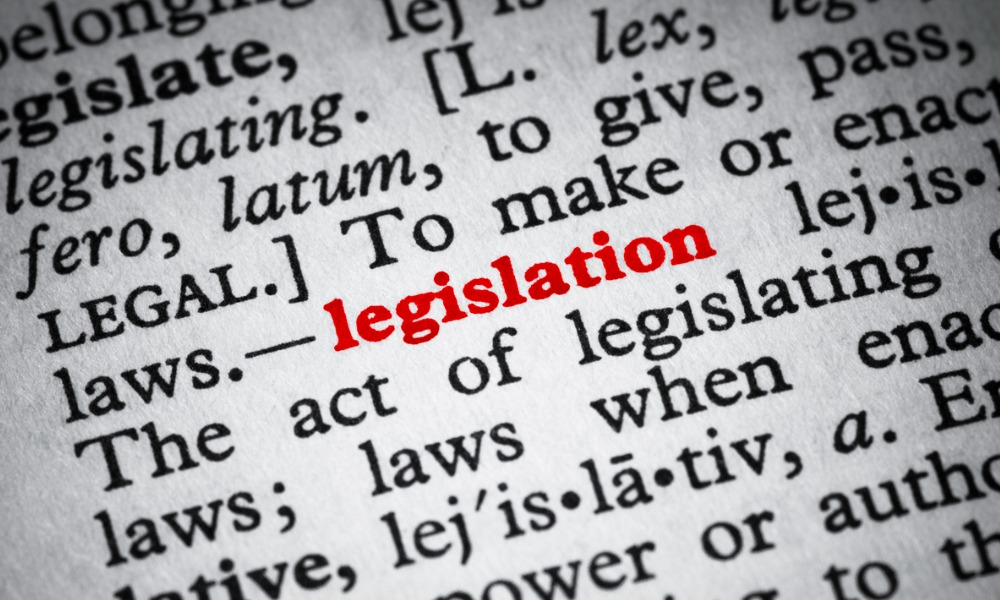
Cites court findings that women had ‘very little real choice' when it came to work

The recent ruling on the Gloriavale case underscores the need for legislation on modern slavery in New Zealand, according to an employment lawyer.
John Farrow, an employment/litigation partner with Dunedin law firm Anderson Lloyd, said the decision made on the case "highlights the inadequacy of our legislation."
Last month, the Employment Court citing various evidence ruled that the six women from the Gloriavale Christian Community were employees.
Farrow said the decision rested on the extent which the workers were controlled by patriarchy, the scale of the work required, as well as the commercial benefits gained due to the work performed.
But Farrow pointed out that the status of these women could be different to just employees.
"To my mind, the circumstances of the women at Gloriavale is much closer to the definition of slavery than to the definition of employee," the employment lawyer said in a contributed article to Star News.
He attributed his remarks to the court findings that showed women were born into their roles and had "no or very little real choice" when it comes to work.
He also noted how women there were expected to be rewarded for their work, which was in the form of being permitted to remain in the community with family and friends.
The Ministry of Business, Innovation, and Employment (MBIE) defines modern slavery as severe exploitation that a person cannot leave due to threats, violence, or deception.
"It includes forced labour, debt bondage, forced marriage, slavery, and human trafficking," the ministry said on its website.
To stamp out modern slavery, the government is proposing the introduction of a new public register that it claimed is among the "world's strongest reporting systems for tackling modern slavery."
The bill, which is currently being drafted, wants organisations with over $20 million in revenue to report and outline the actions they take to address exploitation in their operations and supply chains.
The proposal follows consultation held last year that saw businesses calling for action to eliminate modern slavery in workplaces and supply chains.
The bill, announced in late July, was said to take around six months before it is introduced - and Farrow is concerned about its fate.
"Given the impending election, it is not clear whether the proposed legislation will actually see the light of day. However, consideration of the Gloriavale decision indicates it is very much needed," Farrow said in the article.
Walk Free's Global Slavery Index estimated that there are 8,000 or 1.6 per thousand individuals living in modern slavery in New Zealand. World Vision also estimated that Kiwi households pay and average of $34 a week to industries whose products are implicated in modern slavery.